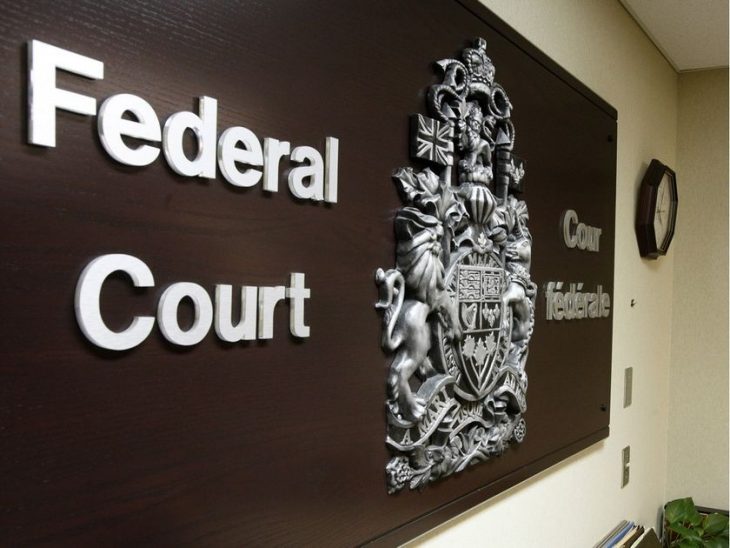
By Ahmad Hathout
OTTAWA – Lawyers on behalf of Rogers, Shaw and Videotron said in a letter submitted to the Federal Court of Appeal Friday that the Competition Bureau’s request to hear as evidence a complaint filed to the CRTC related to a side deal between Rogers and Videotron is irrelevant to its appeal.
TekSavvy’s application to the CRTC, filed Thursday, argued that a deal that would see Rogers provide Videotron with wholesale access to its network at below market rates to allay competition concerns related to its purchase of Shaw is illegal because it gives a preference to certain competitors over others.
The next day, the Competition Bureau, which is appealing a decision by the Competition Tribunal that denied its request to block the Rogers-Shaw combination, asked the appeal court to allow TekSavvy’s application as evidence. The bureau argued that the tribunal had not considered the possibility that the Rogers-Videotron deal would be challenged and denied at the CRTC, thereby reducing the rosy outlook for Videotron in new markets that the tribunal used to bolster its reasons for denying its petition.
But lawyers representing the merging parties said hours later that the motion to allow that evidence should be denied because the argument was not made during the month-long hearing at the tribunal.
“The argument he [competition commissioner] now makes—that such an agreement could be vulnerable to challenge before the CRTC—is not consistent with the way he pleaded and prosecuted his case at trial, and is not probative of any issue that was before the Tribunal,” the letter from lawyer Jonathan Lisus said.
“Nor do the unproven allegations in TekSavvy’s application assist in analyzing any legal or interpretive issue before this Court,” Lisus added.
The bureau’s central claim on appeal is that the tribunal erred by mixing the analyses of both the Rogers-Shaw deal and the sale of Shaw’s Freedom Mobile to Videotron, instead of first analyzing the main deal and then the Freedom sale.
But the merging parties say that this way of analysis is moot because arguing about the competitive effects of the Rogers-Shaw deal separately assumes that Rogers owns Freedom, which the innovation minister – who must approve the deal – said will never happen.
The arguments will be heard tomorrow.


